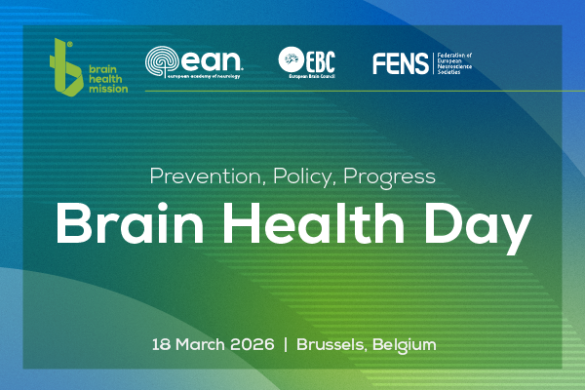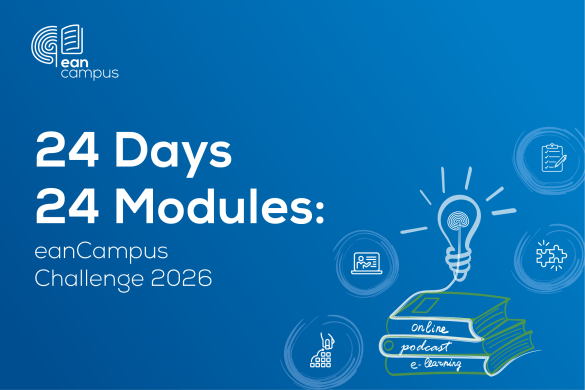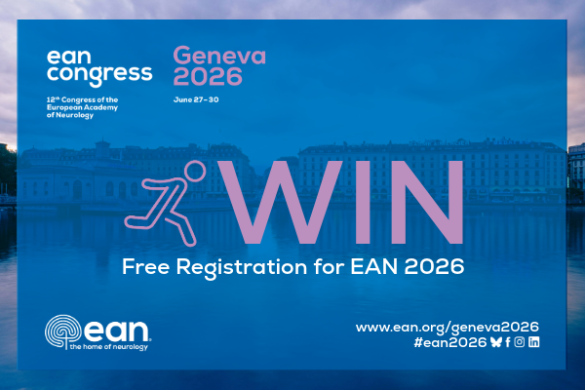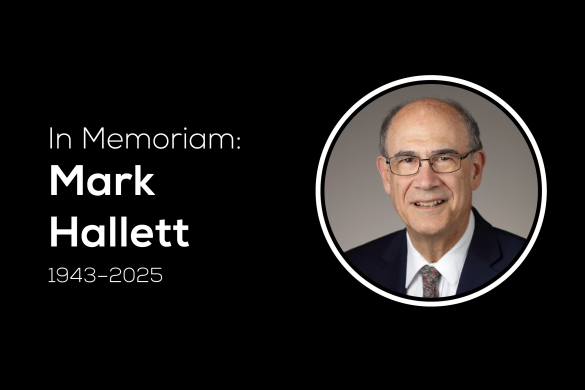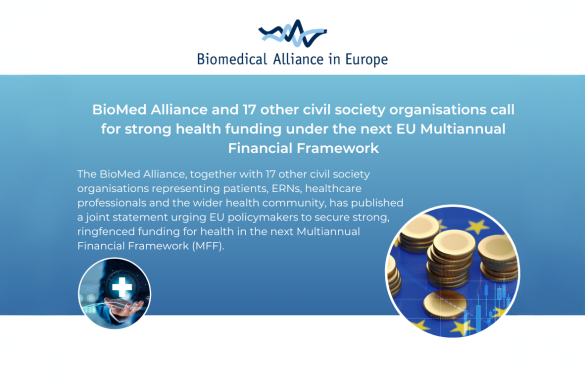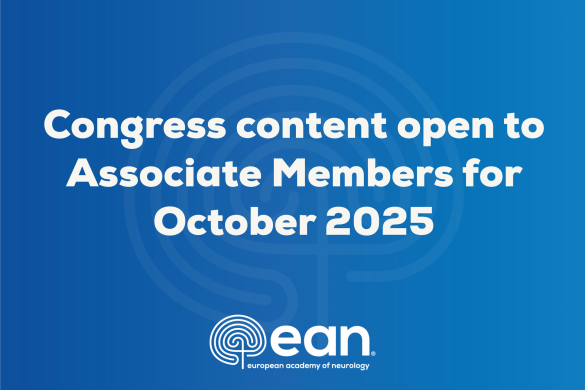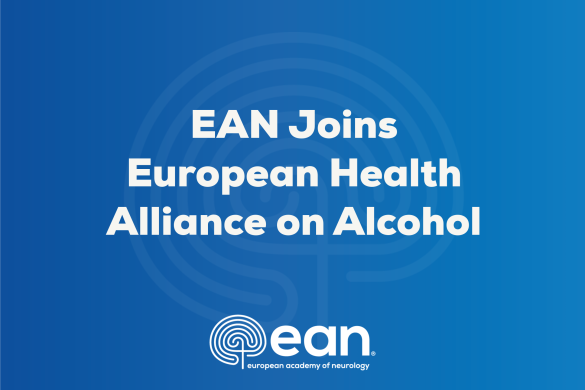My name is Rita and I am a 4th year Neurology resident in a peripheral hospital of northern Portugal, which is located near one of the first COVID-19 pandemic outbreaks in Portugal, the city of Ovar. Although the first case was reported in Portugal on the 2nd of March, we got the confirmation of the first two positive cases in our hospital one week later. At that time, the confirmed COVID cases in our country numbered about 60 and without deaths. However, we felt that the storm was coming, especially hearing all the testimonials of Italian colleagues who were facing a catastrophe. We feared that their situation could be also repeated in our country, perhaps even to a greater extent. I don’t know if it was fear or just pragmatism, but in a few days, our small hospital, obviously limited in resources, was completely reorganized to face this pandemic. The emergency department and hospitalization wards were divided into COVID and non-COVID areas so the patients and the work teams did not cross paths. Individual protection equipment was organized and attributed to the teams according to their working areas. The shifts were also adapted in order to minimize the entry and exit of contaminated areas and not to waste protection equipment unnecessarily.
Our neurological department has also undergone many adjustments in order to maintain providing the best medical care for our patients for as long as possible. We have organized small teams that never intermingle, and we work longer alternated shifts to minimize contact with each other. We continue to provide emergency and urgent care to neurological patients in the same way we did before, but with more protective equipment. Indeed, severe and potentially fatal neurological emergencies do not stop because of COVID-19 pandemic. However, we have noticed that sometimes patients arrive at hospital too late, mostly due to fear of contact with COVID patients. It is important to inform the population and even health care professionals that these patients must come immediately to the hospital so they can be treated promptly, since we are prepared to receive them in safe conditions. The Portuguese Stroke Society is conducting a campaign to raise awareness about stroke in times of isolation and quarantine, which I hope can help us to overcome this barrier.
We have also started to follow up with our patients from outpatient clinics by phone, ensuring they get the best neurological support during this period. In our experience, many cases can be managed this way: it can help us to understand how the clinical evolution was, allow us to review the complementary diagnostic tests asked in the previous appointment, and adjust or simply renew their chronic medication. In other patients, especially in the first consultations of some subspecialties like movement or neuromuscular disorders, we must observe and examine the patient in person. In these cases, we assess the urgency of evaluation and when an urgent consultation is needed we call the patient for an evaluation in our day hospital that is located in a safe non-COVID area. All patients who were receiving intravenous medication in day hospital, like IVIG or other immunosuppressants, and considered essential to treat their underlying diseases, have been kept in treatment.
Regarding neurological COVID-19 patients, we have not observed any positive case in our neurological ward and stroke unit yet, nor observed any patient with neurological manifestation so far. We know this to be an inevitability as the number of cases increases, and we are prepared for a reorganization as soon as needed. For now, we are minimizing all the risks of contamination between patients and, since a week ago, testing all patients prior to admission.
In conclusion, , we are trying so hard to maintain appropriate support for our neurological patients. Of course, we are ready to help our internist and intensivist colleagues when needed, but without neglecting our seriously ill neurological patients, some of whom have increased risk of morbid-mortality in case of COVID-19 infection, and who need us more than ever.
If you allow me to end with a personal advice: fight the COVID-19 pandemic but keep Neurology in mind!
Rita Rodrigues
4th year Neurology Resident, Centro Hospitalar de Entre o Douro e Vouga, Portugal
Resident and Research Member of the European Academy of Neurology
Member of Portuguese Committee of Neurology Residents and New Specialists





